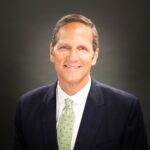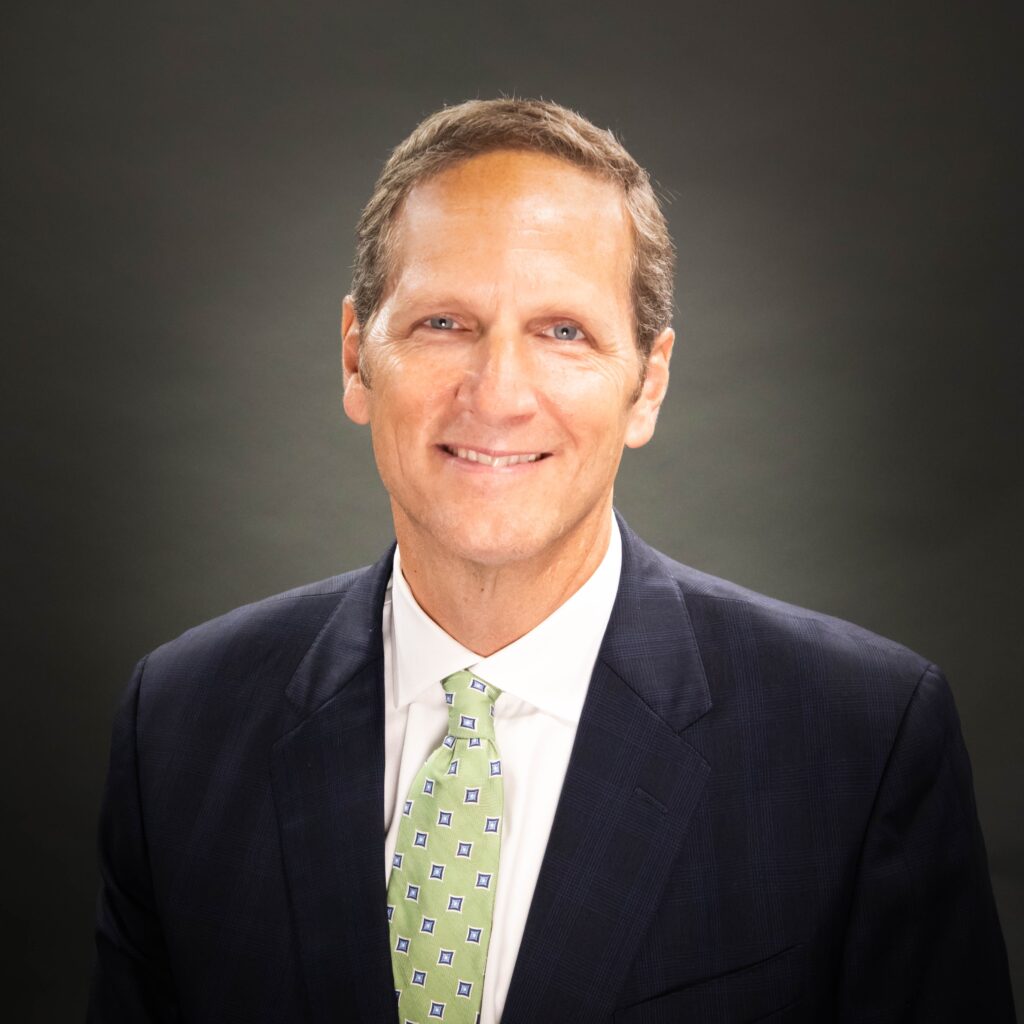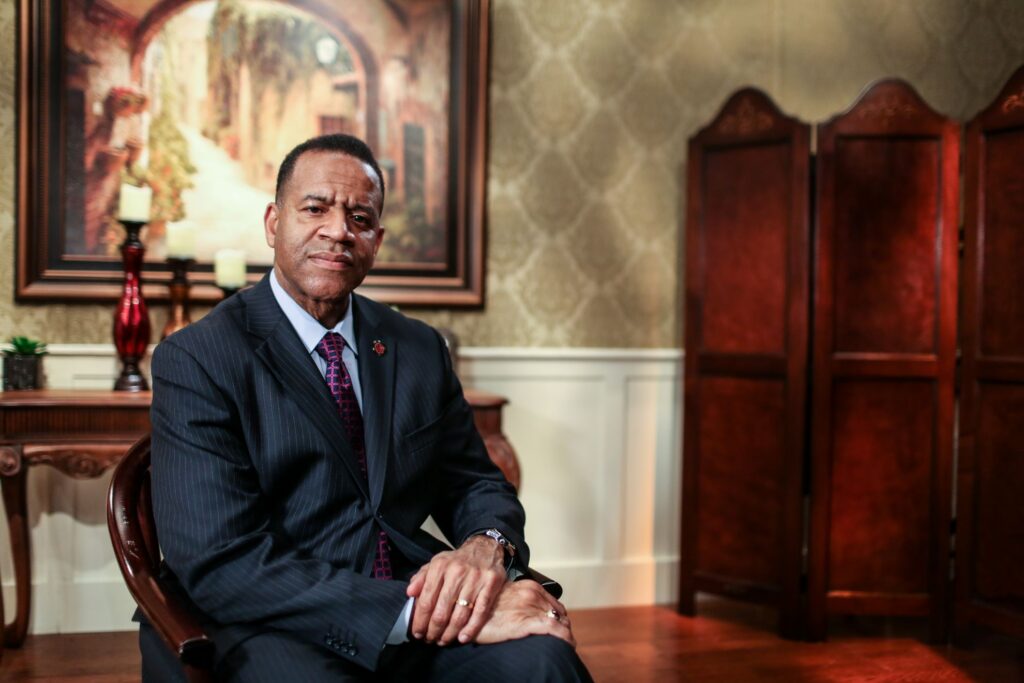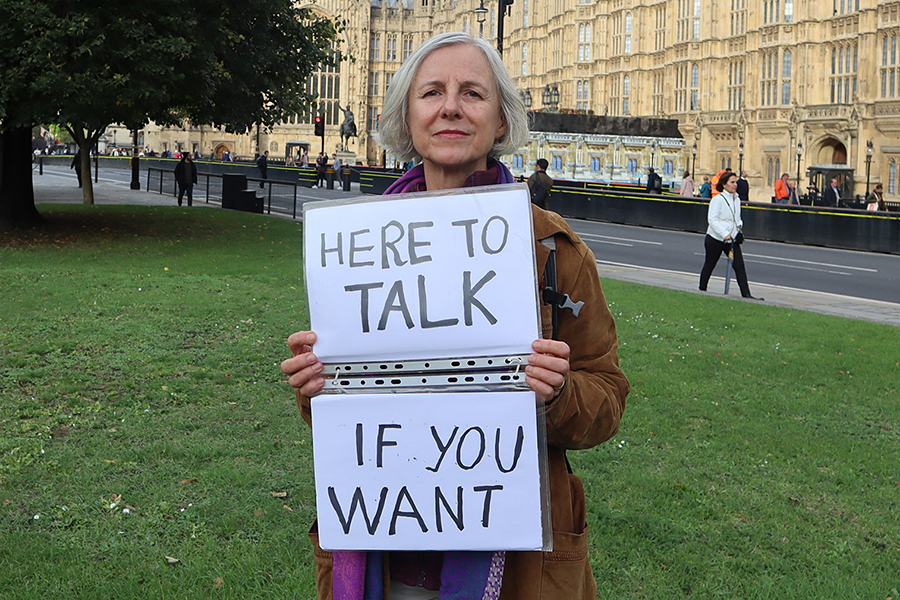
There’s a reason that free speech is protected by the First Amendment to the U.S. Constitution. It’s one of our most fundamental rights, and also one of our most functional.
Unfortunately, the right to free speech is also among our most threatened rights—and in ways that aren’t always obvious. For these reasons, Alliance Defending Freedom has launched a new Center for Free Speech. The Center’s mission is simple: we will work to ensure that everyone’s right to free speech is protected, and we will seek to stop public and private actors trying to unlawfully censor or coerce others because of their views.
As director of the new center, I want to explain why this initiative is important, how free speech is under threat, and what ADF will be doing about it.
Why is free speech important?
The importance of free speech runs far deeper than its inclusion in our Constitution. The ability to speak freely isn’t just part of what it means to be an American; it’s an intrinsic part of being human. Speech is how we communicate, and it’s part of what differentiates us from animals. Furthermore, as Christians, we know that human beings reflect the image of God, who spoke the world into existence and has revealed himself to us through and in his Word.
Free speech serves a functional purpose too. History shows what happens in the absence of free speech; dictators and totalitarian regimes use censorship to oppress people. When the people are powerless to speak, tyranny metastasizes.
The benefits of free speech go even further: from science to academia and the arts, free speech is essential to a thriving civilization. If we desire to live in such a society, we must protect free speech.
How is free speech under threat?
While we are grateful that we don’t live under a dictatorship in America, that doesn’t mean we can rest assured that the First Amendment will always protect us. Countries all over the world have seen that a statement committing to free speech does not equate to a real defense of that freedom.
Take a recent example from Brazil, a nation of over 200 million people. In August, a justice on the country’s Supreme Court suspended the social media platform X across the country after the company declined to censor certain voices. The justice’s order spoke of the “real danger” posed by X of influencing the electorate with “massive misinformation.” That buzzword—“misinformation”—should cause your ears to perk up. Once a government begins using such vague criteria to censor messages, it opens the door to widespread suppression of speech.
One doesn’t have to look to Brazil to see such brazen examples of censorship. Here in the United States, we face similar challenges. Consider these active ADF cases.
In Studnicki v. Sage Publications, we represent several doctors who published multiple papers in a peer-reviewed medical journal on the dangers of abortion drugs. After the publisher received complaints about the authors’ pro-life affiliations, Sage retracted these articles and even removed one of the authors from the journal’s board of directors.
A pair of cases ADF filed in California present similar issues, albeit in a different context. In The Babylon Bee v. Bonta and Rumble v. Bonta, ADF represents popular satire website The Babylon Bee, attorney and blogger Kelly Chang Rickert, and video platform Rumble.
One of the laws our clients are challenging is AB 2655, passed by the California legislature earlier this year. The law requires large online platforms to become state censors by sometimes labeling and other times taking down posts with “materially deceptive content” about elections.
All these lawsuits have one thing in common: government agencies or powerful private actors—or worse yet, a combination of the two—using vague buzzwords as an excuse for censorship. As my colleague Jeremy Tedesco often laments, this is the “Censorship Industrial Complex” at work.
How will ADF defend free speech?
So how will we be opposing the Censorship Industrial Complex?
In the months and years ahead, defenders of free speech will be faced with a new opportunity as President Donald Trump takes office. We’re hopeful that the new presidential administration will renew America’s commitment to free speech and undo the damage caused by four years of an administration that curtailed this fundamental right.
There must be consequences for the government actors and their proxies who operate the Censorship Industrial Complex. At ADF, we’re uniquely situated to push back on this corruption. We have been the defending free speech for decades, and have won numerous landmark free-speech victories in the U.S. Supreme Court. Now, through pioneering litigation, we will take on censorship and keep free speech free in the digital age. Through coalition-building—we’re an alliance, after all—we will work to ensure that ordinary people learn the importance of free speech and are empowered to expose the bad actors seeking to undermine it.
Censorship across the globe is being exposed, and ADF’s Center for Free Speech will be on the front lines ensuring that one of our most foundational and cherished rights is protected.






